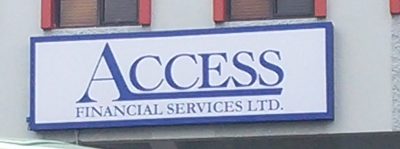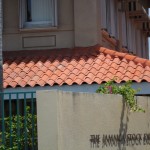Republic Bank out of Trinidad is reporting slightly lower profit for the six months to March this year compared with 2012. According to data released by the bank today profits before tax came in at TT$336.954 million or 6 percent less than the $358.97 in 2011 for the same quarter. According to the chairman, $49 million was an adjustment for the defaulted Grenada bond. On a quarter over quarter basis the December quarter was better than the March quarter by 16 percent while in 2012 the March was worse by 7 percent. For the six months to March, profits were flat with just a slight negative slant as the 4 percent improvement generated in December 2012 was wiped out by the reduced earnings in the March quarter.
After tax profits attributable to shareholders was slight better that the pretax performance as the March quarter slipped by 4 percent to TT$267.468 million, while the year to date earnings are just slightly up. Earnings per share for the six months is TT$7.27. Republic trades at just $108.90 or at a PE of just over 7 times this year’s earnings while Scotia Bank is selling at more than 20 times earnings. Republic has traded around 20 times earnings in the past and has much room to grow. What is apparently holding back the stock must be the fact that a large block of the shares is in the hands of the government and could be divested in the near term.
Loan and advances at March came in at TT$24.7 billion, investments was TT$7.7 billion and customer deposit and funding instruments amounted to TT$43.4 billion and total equity was TT$79.4 billion. The bank seems well capitalized, however, its operations reaches out into the wider southern Caribbean and some of those economies face difficult times.









